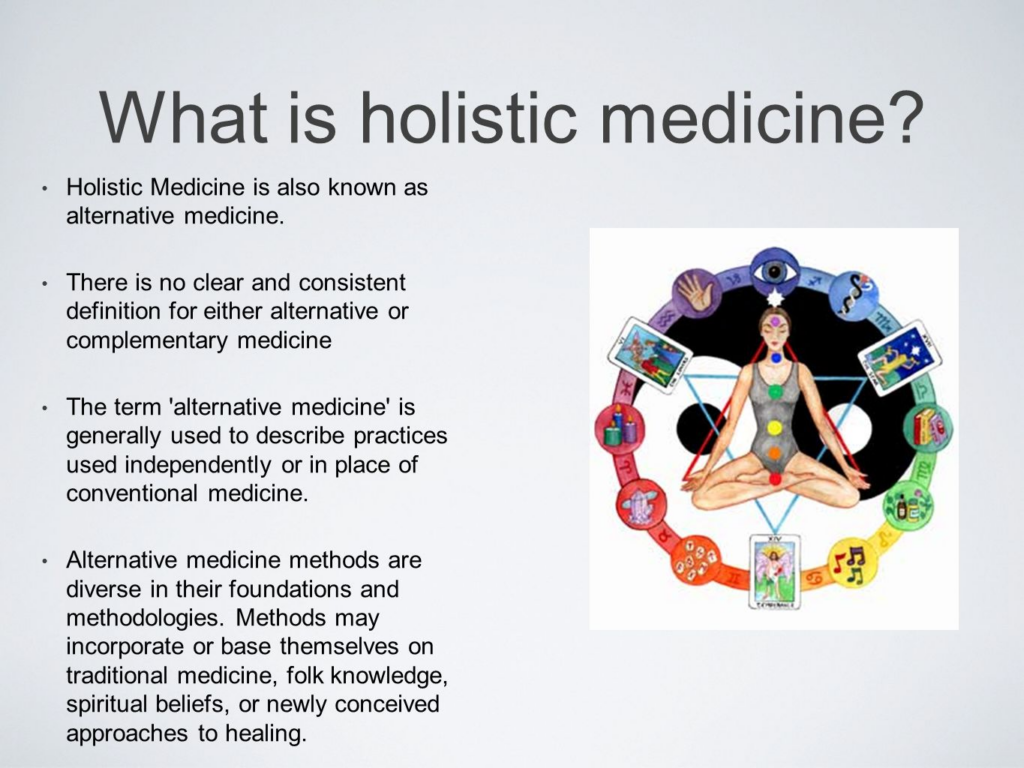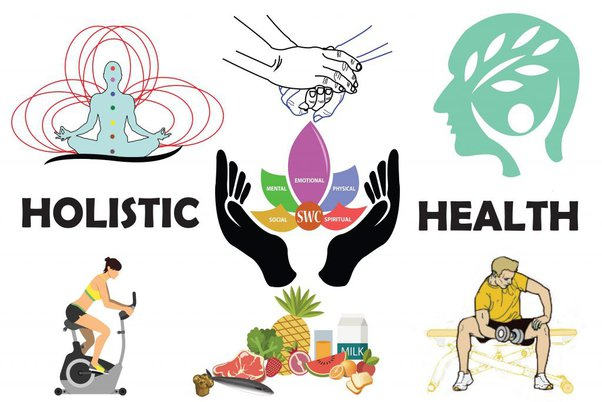
Holistic approach has recently found favor in health care. Despite all the benefits that come along with it, it is important to examine some of its disadvantages. Learn why taking on a holistic perspective can be disadvantageous and how it sometimes obstructs our understanding and decision-making processes.
What Are The Problems with Measuring Results in a Holistic Perspective?
Measuring results in holistic medicine is challenging due to subjective outcomes, individualized treatments, placebo effects, lack of standardized protocols, and difficulty in quantifying holistic approaches.
This medical approach creates difficulties in measuring and quantifying results. As one deals with systems that are interconnected and considers several factors at once, variables become ever harder to isolate.
This lack of measurability can be particularly problematic in fields like scientific research and medicine, where concrete data and evidence-based decision-making are crucial.
Though a holistic perspective aims to be all-inclusive, it can in fact result in more complexity when making decisions. With the consideration of many factors and their potential interactions, practitioners may get overwhelming amounts of information to sort through.
What Is Resource Intensiveness in a Holistic Perspective?
Resource intensiveness in holistic medicine refers to the significant time, effort, and financial resources required for personalized care, extended consultations, and diverse treatment modalities.
Taking on a holistic approach in medicine often means using a lot of resources like time, effort and expertise. To have comprehensive data collection, analysis about interconnections and integrated solutions calls for huge investments which might not always be possible to achieve.
For small organizations or projects operating with fewer resources, an effective implementation of such a holistic perspective may appear too expensive or time-consuming.
Are There Potential for Cognitive Biases?
Yes, there is potential for cognitive biases in holistic medicine, including confirmation bias, placebo effect, and subjective validation, which can influence both practitioners’ and patients’ perceptions of effectiveness.
Holistic perspective can lead to cognitive biases that may challenge its supposed objectivity. For example, confirmation bias could lead someone to interpret information selectively in such a way as to strengthen already existing notions about how systems operate.
These biases emphasize the significance of self-awareness and critical thinking in holistic medicine. Unless these cognitive biases are dealt with, faulty analyses and misplaced conclusions may occur. This can ultimately lead to poor decision-making processes leading to negative impacts on patients’ health outcomes. Hence, holistic practitioners should be alert and strive for fair and balanced assessment.
Can a Holistic Perspective Neglect Specialized Expertise?

Yes, holistic medicine can neglect specialized expertise by focusing on general well-being and alternative practices, potentially overlooking the need for specialized medical interventions.
By focusing on the interconnectedness of systems and factors, a comprehensive view may inadvertently diminish the importance of specialized expertise. Interdisciplinary approaches could be useful in these cases.
This particular disregard for focused skills can lead to shallow solutions incapable of handling intricate issues effectively.
The nature encompassing adoption of holistic perspective often necessitates collaboration among several disciplines and departments. While these blended ideas have the potential to turn out as constructive ones, they present obstacles on how communication is done and ensuring coordination.
Hence, this difficulty in effective communication can easily affect patient treatment.
What are the disadvantages of holistic care?
Disadvantages of holistic care include lack of scientific validation, potential neglect of critical medical treatment, resource intensiveness, subjective outcomes, and inconsistent regulatory standards.
Holistic care can take time and money as it often involves multiple visits and individualized treatment plans. Some alternative methods used in it lack scientific basis making many medical personnel skeptical about it.
Furthermore, this means that patients might needlessly delay getting appropriate standard treatments, endanger themselves, and make their conditions worse.
What are the limitations of holistic medicine?
Limitations of holistic medicine include a lack of scientific evidence, potential neglect of conventional care, subjective results, resource intensiveness, and varying practitioner qualifications.
There are instances where Holistic Medicine may not be suitable for life threatening conditions. Most importantly this form of treatment requires patient participation and lifestyle changes which might not be viable for everybody.
Moreover, these practices do not have sufficient scientific validation. This undermines their credibility within mainstream medicine.
What are holistic issues?
Holistic issues refer to health concerns viewed in the context of the whole person, encompassing physical, emotional, mental, spiritual, and social well-being.
Holistic issues are those tackled by holistic medicine, which include physical, emotional, mental and spiritual health. These may include stress, anxiety, chronic pain, nutritional deficiencies and overall well-being. Holistic issues emphasize that various aspects of health are interconnected thus promoting a comprehensive approach towards care and wellness.
Do holistic therapies work?

The effectiveness of holistic therapies varies; some people report benefits, but scientific evidence is often limited, making outcomes highly individualized and sometimes placebo-driven.
The effectiveness of some holistic therapies is different. While some, like acupuncture and mindfulness, have scientific support for certain conditions, others lack rigorous evidence to support their efficacy.
What matters most in this case are patient experiences and individual responses. Holistic treatments can be additional to conventional therapy, but they are not always necessary for major diseases.
Does holistic medicine have side effects?
Holistic medicine may have side effects, including allergic reactions to natural remedies, interactions with conventional treatments, or exacerbation of conditions if not properly managed.
Holistic medicine has side effects, especially if the treatments are not done properly or if they interact with conventional medications. Herbal remedies could result in allergic reactions, too. It would be important to consult healthcare providers to make sure that such alternative treatments are safe and appropriate.
How safe is holistic medicine?
Holistic medicine can be safe when practiced by qualified professionals and with informed consent. However, safety varies based on the treatment and individual health conditions.
The security of holistic medicine differs across practices and practitioners; mindfulness and yoga are some examples that generally have no risks, while others like specific herbal remedies may pose some threats. Safety can only be ensured when treatments are supported by evidence and offered by professionals.
What is a Holistic Diet?
A holistic diet focuses on whole, unprocessed foods, balancing nutrition, and considering the overall impact on physical, emotional, and environmental well-being.
A holistic diet consists of whole natural foods that promote physical, mental, and spiritual health. It encompasses a variety of fruits, vegetables, whole grains, lean proteins and good fats. Diet focuses on overall wellness through individualized healthcare needs, lifestyles and potential food sensitivities or allergies.
Conclusion
It’s necessary to understand the boundaries of holistic perspective and insights. Such limitations are: oversimplification, measurement difficulties, decision paralysis, resource intensiveness, cognitive biases and neglecting specialized expertise along with problems in communication. So maintaining that balance between conventional treatments and holistic medical approach is truly necessary.
